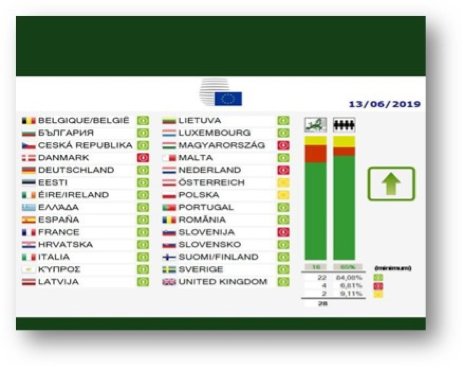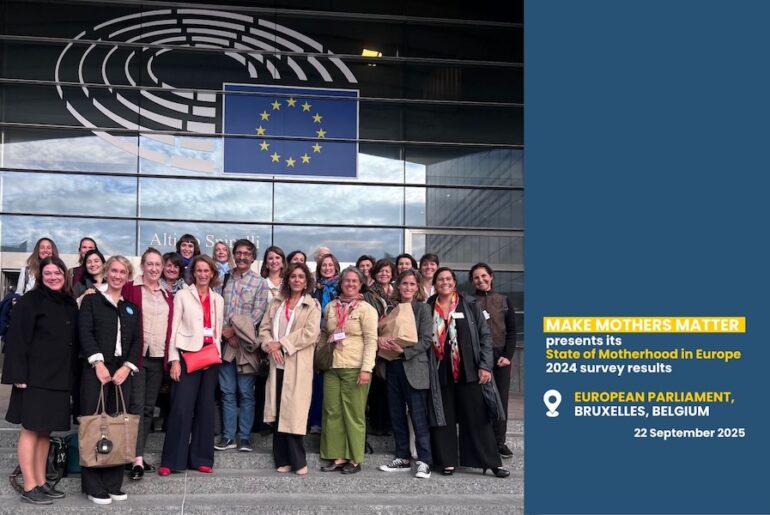An agreement finally reached by the Council of the EU on the work-life balance directive
23.06.19
After 2 years of intense negotiations among the EU institutions, on June 13th 2019 the Council of the EU Ministers adopted a Directive on work-life balance for parents and caregivers with a large majority in favor.

It is foreseen, that the Directive will be published in the Official Journal of the EU within the next 3 to 5 weeks and will enter into force 21 days after its publication. The image below shows how the different countries voted on this file.

The goal of this directive is to encourage an equal role of caring for men and women by increasing the women’s participation in the labour market and providing opportunities for workers to be granted leave to care for relatives. In practice, the work-life balance directive includes leave schemes and flexible working conditions that allow parents and carers to better reconcile their professional and family lives. This is a leap in the right direction as it consolidates existing rights and incorporates new ones for EU citizens.
Main elements that have improved within the directive consist of:
- Paternity leave : Fathers will have the opportunity to take at least 10 days of paid leave from work after the birth of a child
- Parental leave : A right to 4 months of parental leave per parent, where 2 of the 4 months are non-transferable between the parents and are paid.
- Carers’ leave : Workers caring for relatives will now be able to take 5 working days per year.
- Flexible working arrangements : The right for parents with children up to the age of 8 years old and caregivers to request flexible schedules, remote working and the reduction of working hours
Since its publication by the European Commission in April 2017, we at Make Mothers Matter have been actively following the legislative process and engaging with policymakers to voice the needs and concerns of mothers and families. Our actions have included advocating on social media using #iwantworklifebalance. In addition, we urged national governments to move towards a swift implementation of the EU Work-Life Balance Directive. Once National governments transpose this directive into national legislation within 3 years after the entry into force, progress towards equality for men and women regarding caregiving and work life will be accelerated.
MMM supports that the directive is an improvement for the lives of families in Europe. However, there are future priorities MMM would like to be considered:
- The revision of the Maternity leave directive which is outdated
- The right to request flexible working conditions for all parents of children until 18 years old
- The situation of the self-employed
The New EU Gender Equality Roadmap : A Call for Inclusion of Mothers
04.03.25
The European Commission’s initiative on a new Gender Equality Roadmap post-2025, marks a significant step forward in addressing gender disparities across the European Union. Make Mothers Matter (MMM
Breaking the Cycle: Gender Equality as a Path to Better Mental Health
18.03.25
The Council of the European Union has taken a decisive step in recognising the vital connection between gender equality and mental health.
Europe Must Listen to Mothers: Our landmark report heads to the European Parliament
28.08.25
On 22 September 2025, the voices of mothers will take centre stage in Brussels. For the first time, Make Mothers Matter (MMM) will present its State of Motherhood in Europe








